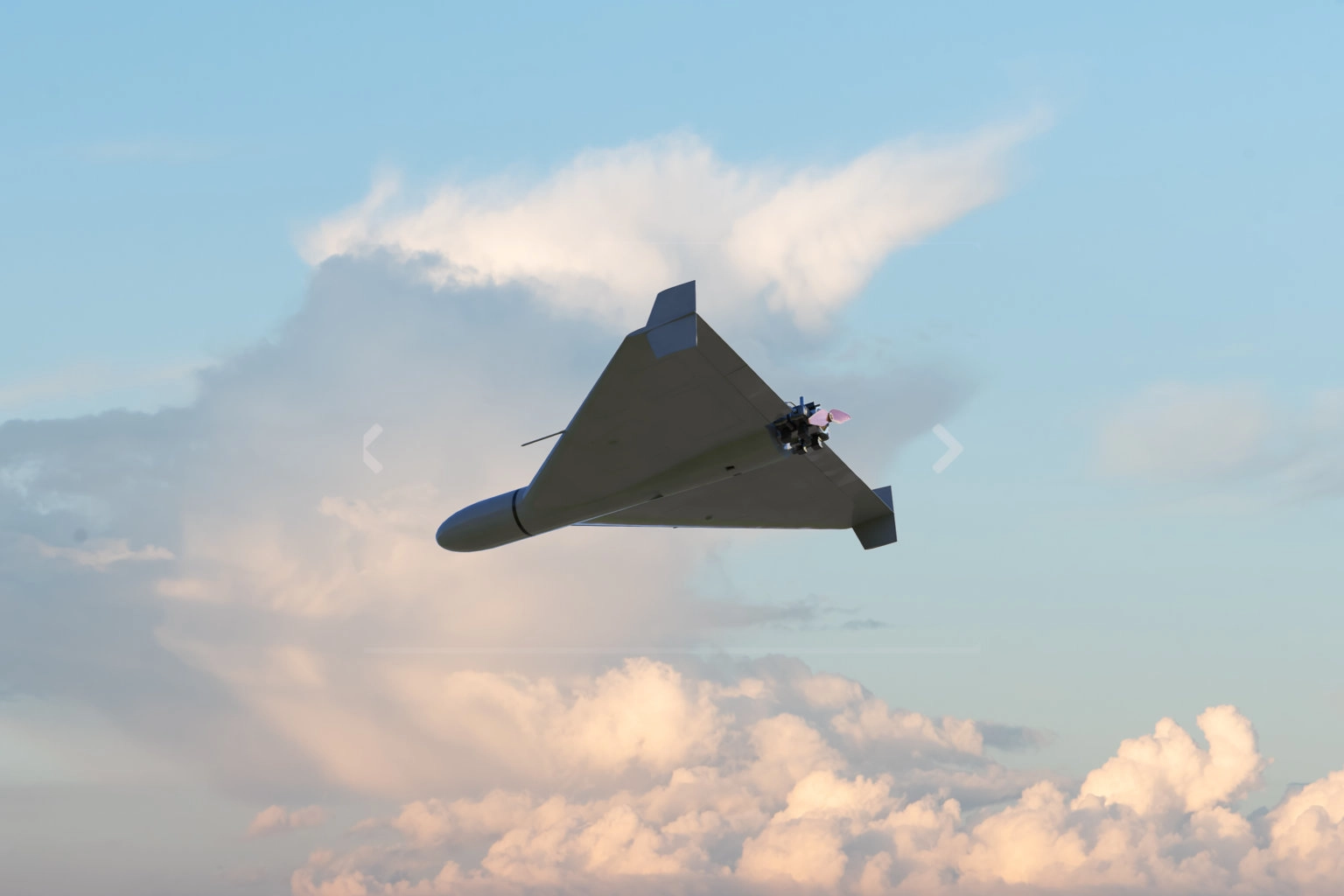German Interior Minister Alexander Dobrindt announced the creation of a new Center for Defense Against Drones amid growing security concerns over unmanned aircraft, German media Stern reported on 27 September.
Dobrindt said that while the threat may appear abstract in general terms, it becomes very concrete in specific cases due to the espionage element associated with drones. The minister’s announcement comes after “swarms” of drones were detected over the state of Schleswig-Holstein on Thursday night.
“The center must be created quickly, even with existing structures in place,” Dobrindt said. The new facility will combine competencies of federal and state governments to address drone-related security challenges.
According to Rheinische Post, Germany is working on developing a joint research project with Israel on drone defense systems. Dobrindt also plans to expand the Bundeswehr’s authority to detect, intercept, and shoot down drones. Currently, this responsibility lies primarily with police forces.
The interior minister is developing legislation that would require the Bundeswehr to provide “official assistance” to police when drones are involved. Germany’s Interior Ministry intends to present a revised version of the Aviation Security Act this fall.
However, the police union rejected these plans. Union head Jochen Kopelke argued that while Dobrindt’s focus on drone defense is positive, “as interior minister, he should provide capabilities to his police and not rely on the Bundeswehr, since Bundeswehr deployment is complicated and possible only in rare exceptions.”
Kopelke stressed that police are always available, while the Bundeswehr “reacts too slowly to these spontaneous threats.” Instead of relying on “lengthy administrative assistance” from the Bundeswehr, he called for “immediate legal basis for immediate shooting down of drones by all German law enforcement agencies.”
Thomas Röwekamp, head of the Bundestag Defense Committee, supported Dobrindt’s proposal.
“We must be able to fight such drones with all technical means, including shooting them down,” he told Rheinische Post. “Too many security structures are currently responsible for this: besides the Bundeswehr, which is responsible for military property, there are also 16 state police forces and Federal Police, which do not have sufficient own capabilities to counter drones.”
Recent airspace violations escalate tensions
The German initiative follows a series of airspace violations across NATO countries.
On the night of 10 September, Russian drones violated Poland’s airspace. Military forces shot down approximately four of 19 unmanned aircraft. One drone damaged a house and car in Lublin Voivodeship, with debris found in several villages. Poland activated NATO’s Article 4 that same day to discuss the situation.
NATO Secretary General Mark Rutte announced the launch of “Eastern Guard” operation on the Alliance’s eastern flank on 12 September, aimed at “eliminating specific threats related to drone use.” The operation covers Poland and Romania.
President Andrzej Duda signed a resolution on 14 September, authorizing NATO member state military presence on Polish territory within the Eastern Guard framework.
Unidentified drones were also spotted in other countries throughout September.
Romania declared air alert in northern regions on 13 September due to strike drone threats. Two F-16 fighters scrambled at 6 pm, intercepting a Russian Shahed drone over the Danube around 7 pm. The Defense Ministry clarified the drone did not fly over populated areas and posed no immediate threat to civilians.
Ukrainian President Zelenskyy responded to the incident, saying the Russian drone remained over Romania for 50 minutes.
Three Russian fighters spent 12 minutes in Estonian airspace on 19 September. Foreign Minister Margus Tsahkna called this “a violation of territorial integrity and UN Charter principles that require refraining from the threat of force.”
An emergency UN Security Council session convened in New York on 22 September regarding Russian aircraft violations of Estonian airspace, with Ukrainian Foreign Minister Andriy Sybiha present. Sybiha emphasized that similar threats require immediate neutralization.
The North Atlantic Council met on 23 September under Article 4 of the Washington Treaty to consult and condemn Russia’s 19 September airspace violation of Estonia.




